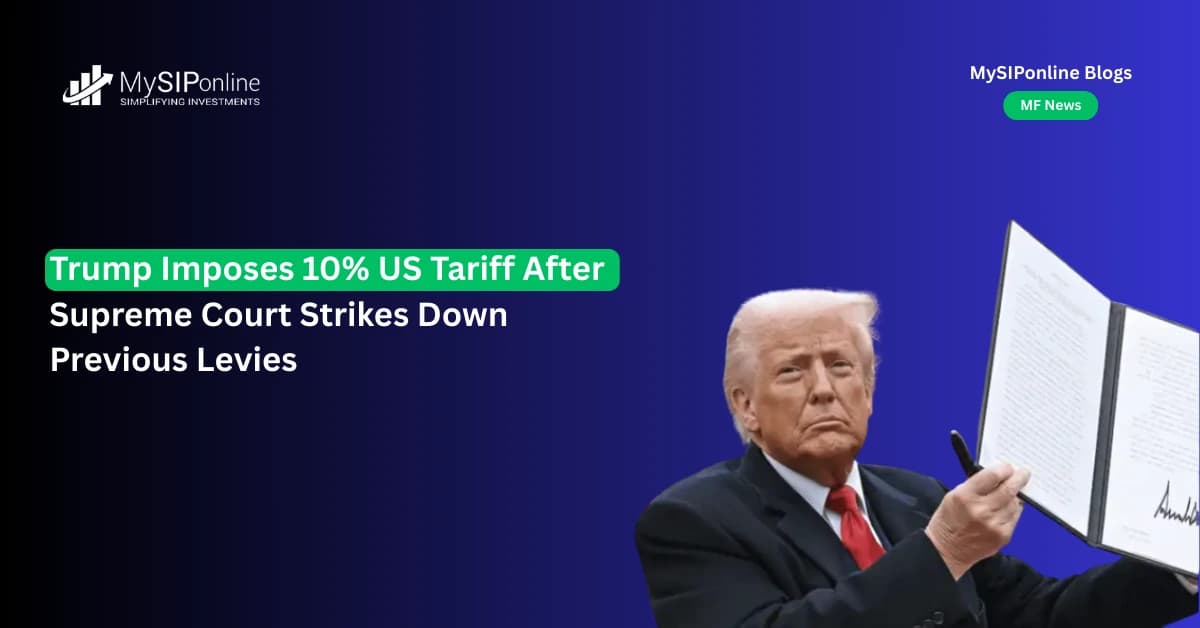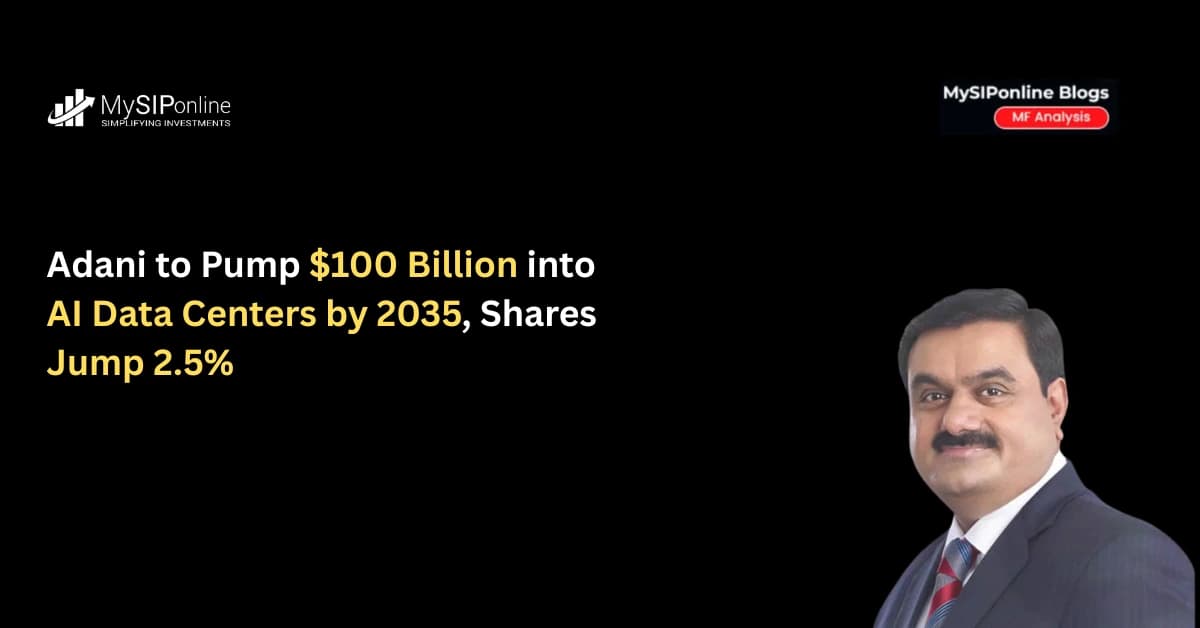Stories like, “If you had invested a sum of money twenty years ago, you would have become a Crorepati as of now”, attract every investor. But how can one do so? Not every mutual fund performs the best in the industry to offer tremendous returns. And this is why one needs to make the right choice before making an investment. To make the things simple for you, here we have provided the best advice following which you can choose the best mutual fund to invest in India.
In our earlier post titled, “Explaining Mutual Fund Investments And Their Types”, we thoroughly elaborated the basic concepts of mutual funds and made you understand and its varied categories. Here you will come to know how you can pick up the right fund for your portfolio to gain superior returns for your future.
While exploring mutual funds, you must have heard some unfamiliar though important terminologies like large-cap, small-cap, and mid-cap funds. These all are the sub-categories of equity mutual funds which have been bifurcated as per their investment portfolio which consist different companies across various market caps. They have different features and risk appetite, and as per the requirement of the investors, they can select anyone of them for their portfolio. Now the question is which is the best suitable for you! Yes, you will find the solution here only.
Selecting a Mutual Fund That Suits You the Best
This is the most challenging task that every investor has to do with due care. It has to be remembered that the choice of the best mutual funds to invest for a productive portfolio depends on your investment goal, your tenure of investing and of course your risk appetite.
Advice for Equity Investors
Our fund analysts advice that the investors who have wealth building as their primary goal, investment horizon of five years or less, and risk appetite being stable, should invest their money in the large-cap equity funds. The reason being is that these funds have investments in the well-established companies which tend to provide stable profits irrespective of the market moves.
On the flip side, the investors having the same goal of investing but the tenure of investment being seven or more years and risk appetite being aggressive or conservative should add the small-cap or mid-cap fund to their portfolio. This is so because these funds have investment is small- and mid-sized companies which have high-growth potential and produce extraordinary profits when the market performs well.
These were the categories under equity funds if you want to invest your money in the debt mutual funds, then the advice varies accordingly. There are different funds falling in the debt funds which include liquid funds, short-term debt funds, ultra short-term debt funds, long-term debt funds and Gilt funds. They can provide you with better investment opportunities as per your requirement.
Advice for Debt Investors
Our experts say, if you desire to earn high earnings on your savings without compromising on their liquidity, then the liquid mutual funds are the perfect choice for you. The ultra short-term funds are for those who have the same goal of earning higher profits on saving, but they can invest for a considerable time frame up to nine months which is higher than the liquid funds (i.e., up to ninety days).
However, if you want to generate regular and consistent income with an investment horizon of one to three years, then short-term debt funds are a perfect choice for you. The reason being is that these funds endeavour high-yielding returns from investments in fixed instruments to provide financial stability. In the case your horizon is greater than three years, and you want to make debt investment to gain financial stability over time, then the long-term debt funds are the perfect alternatives for you.
Another category of debt mutual funds, i.e., Gilt Funds are for those investors who want to invest in the government instruments or securities to confirm their returns irrespective of the market performances. These funds ensure consistent returns and high security of invested capital as the investments are held by the government.
Summing Up
As the investors have varied choices, preferences and goals, they get a variety of alternatives for mutual fund investing. Our fund experts provide regular guidance and list out the best-performing mutual funds in India to help the investors in making better choices. If you further need assistance and want to make a worthwhile investment for your future, then you must get associated with the team of MySIPonline right away.




.webp&w=3840&q=75)






